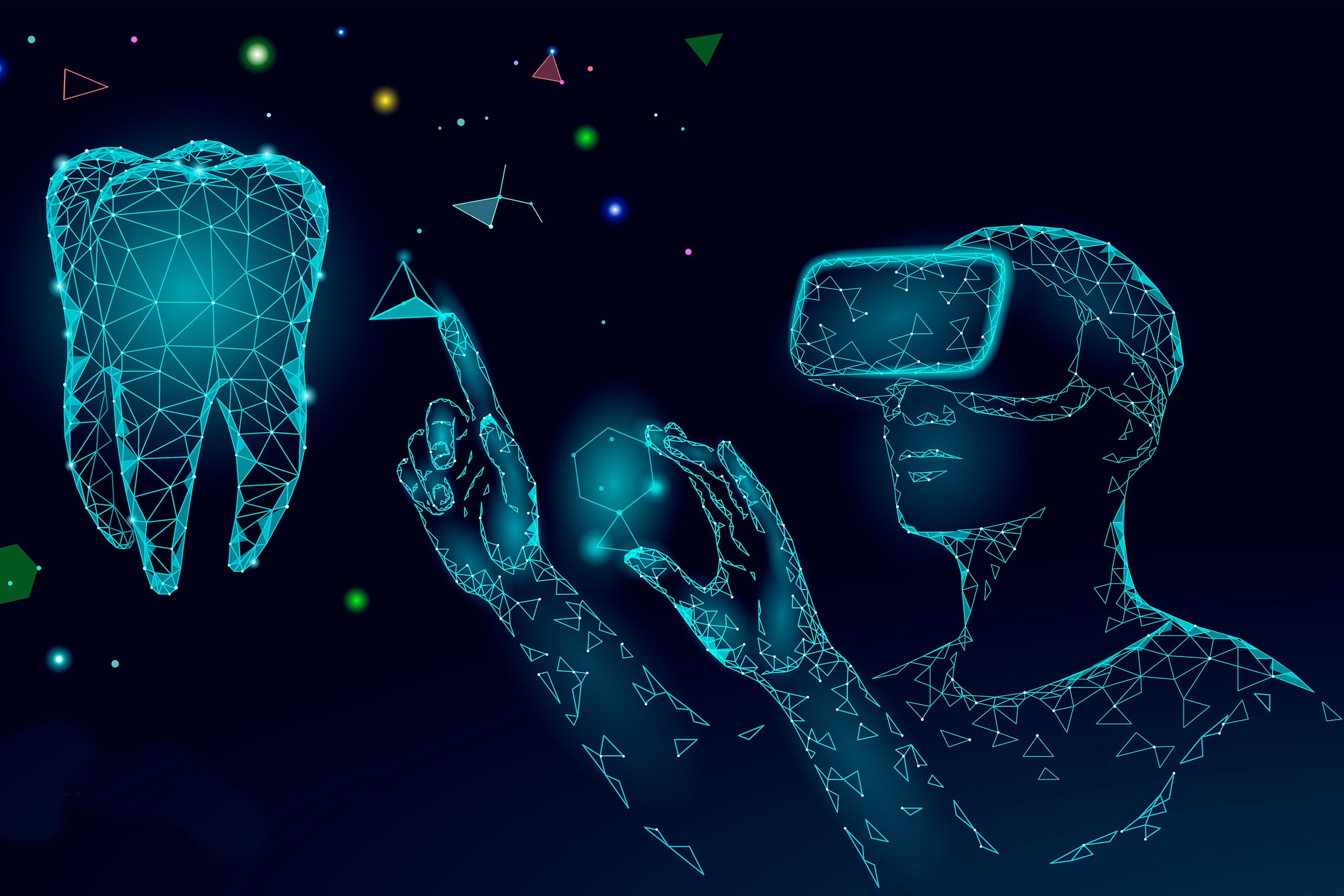Dental practices, dental schools, oral health researchers, and policymakers are swiftly adapting to the emerging AI era in oral healthcare, according to experts in AI and dentistry who shared their perspectives at the first Global Symposium on AI & Dentistry at Harvard on November 3-4.
William Giannobile, the dean of Harvard School of Dental Medicine, highlighted the potential of AI to revolutionize oral healthcare delivery, disease detection, treatment, and access to care during his opening speech.
The symposium attracted 300 attendees from 30 countries in person and an additional 120 participants virtually. Over 65 research projects were showcased, featuring various device prototypes, patient-oriented smartphone applications, and other cutting-edge technologies at the intersection of AI and dentistry.
Utilizing AI to Overcome Challenges in Oral Healthcare
Florian Hillen, the founder and CEO of VideaHealth, a dental imaging startup stemming from AI research at Harvard and MIT, noted that AI has been explored in dentistry for over 40 years, with recent advancements reaching a tipping point.
“AI-driven tools now enable dentists to detect dental decay in patients up to five years earlier… a technological revolution is underway,” he emphasized.
Apart from enhancing individual patient outcomes, researchers are leveraging AI to address broader public health issues. Dimitris Bertsimas from the Massachusetts Institute of Technology emphasized the need to break down disciplinary barriers between academia and industry to effectively tackle large-scale challenges using AI.
At Harvard, interdisciplinary teams are using machine learning to identify patients vulnerable to climate change impacts and other health risks, emphasizing the importance of understanding the social determinants of health.
Enhancing Human Expertise with AI
In the biomedical field, AI is being harnessed to expedite experiments, drug discovery, and validation processes. Marinka Zitnik, an assistant professor at Harvard Medical School, highlighted the role of AI in personalizing therapies and designing novel drugs based on individual patient profiles.
AI models like TxGNN are aiding in predicting treatment effectiveness for various diseases and repurposing existing medications for new uses, showcasing the potential of AI in revolutionizing healthcare.
On the industry front, AI-assistive technologies are streamlining dental practices by interpreting imaging data and automating administrative tasks. Philippe Salah, CEO of DentalMonitoring, emphasized that current AI products serve as aids rather than decision-makers in dental care settings.
Ethical Considerations in AI Integration
While the prospects of AI in dentistry are promising, experts stress the importance of caution and ethical considerations. Mariya Filipova, CTO at CareQuest Innovation Partners, warned about the limitations of AI in areas like empathy and creativity, essential for ethical problem-solving.
Experts also highlighted the necessity of regulating fairness and bias in AI systems, especially as more platforms receive commercial clearance from regulatory bodies like the FDA.
Fernanda Viégas, a principal scientist at Google and professor at Harvard, emphasized the need for transparency in AI decision-making processes, particularly in high-stakes scenarios like patient diagnosis. Trust, confidence, and transparency are crucial aspects that need to be addressed as AI technologies advance in healthcare.
In conclusion, while AI presents transformative opportunities in oral healthcare, experts emphasize the importance of responsible integration and ethical considerations to maximize its benefits while mitigating potential risks.






